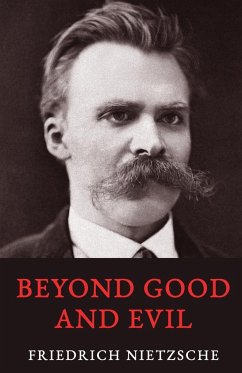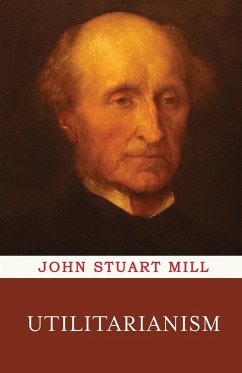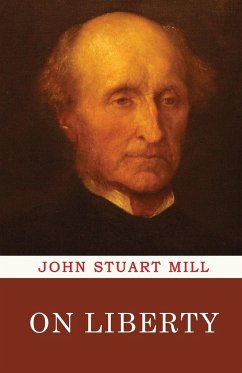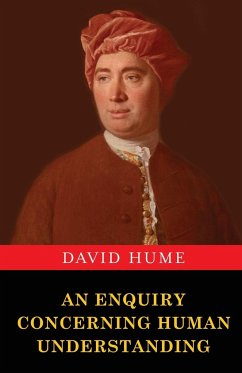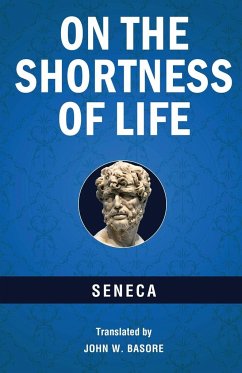
Thus Spake Zarathustra
Versandkostenfrei!
Versandfertig in 1-2 Wochen
27,99 €
inkl. MwSt.

PAYBACK Punkte
14 °P sammeln!
'Many lands saw Zarathustra, and many peoples: no greater power did Zarathustra find on Earth than the creations of the loving ones-"good" and "bad" are their names.' It describes how the ancient Persian prophet Zarathustra descends from his solitude in the mountains to tell the world that God is dead and that the Superman, the human embodiment of divinity, is his successor. Reflecting on the nietzschean philosophy, Zarathustra's sermons and discourses expound the concepts of will to power, the Superman, eternal return, radical perspectivism, problem of nihilism, and individualism among others...
'Many lands saw Zarathustra, and many peoples: no greater power did Zarathustra find on Earth than the creations of the loving ones-"good" and "bad" are their names.' It describes how the ancient Persian prophet Zarathustra descends from his solitude in the mountains to tell the world that God is dead and that the Superman, the human embodiment of divinity, is his successor. Reflecting on the nietzschean philosophy, Zarathustra's sermons and discourses expound the concepts of will to power, the Superman, eternal return, radical perspectivism, problem of nihilism, and individualism among others. One of the most influential and popular works of Nietzsche, Thus Spake Zarathustra is an inspiration for many. Intense and insightful, this philosophical novel remains a literary masterpiece.







